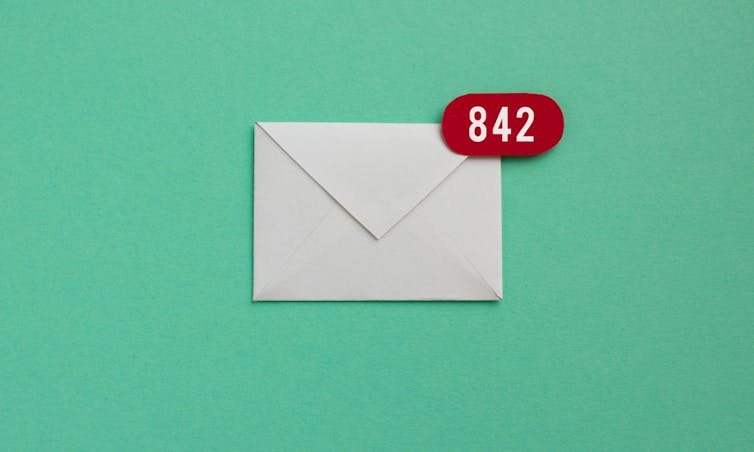Welcome to my blog
My articles are from various angles that might interest different audiences:
- The research category includes my academic publications, opinion pieces on academia or open science or research methods tips,
- The teaching category includes textbook reviews, teaching tips or resources for students and teachers in my discipline,
- The fiction category has short science-fiction stories about the future of work impacted by technology,
- The opinion category presents opinion pieces on work and technology and various ideas on how to apply my research.
Rss feed of the articles

